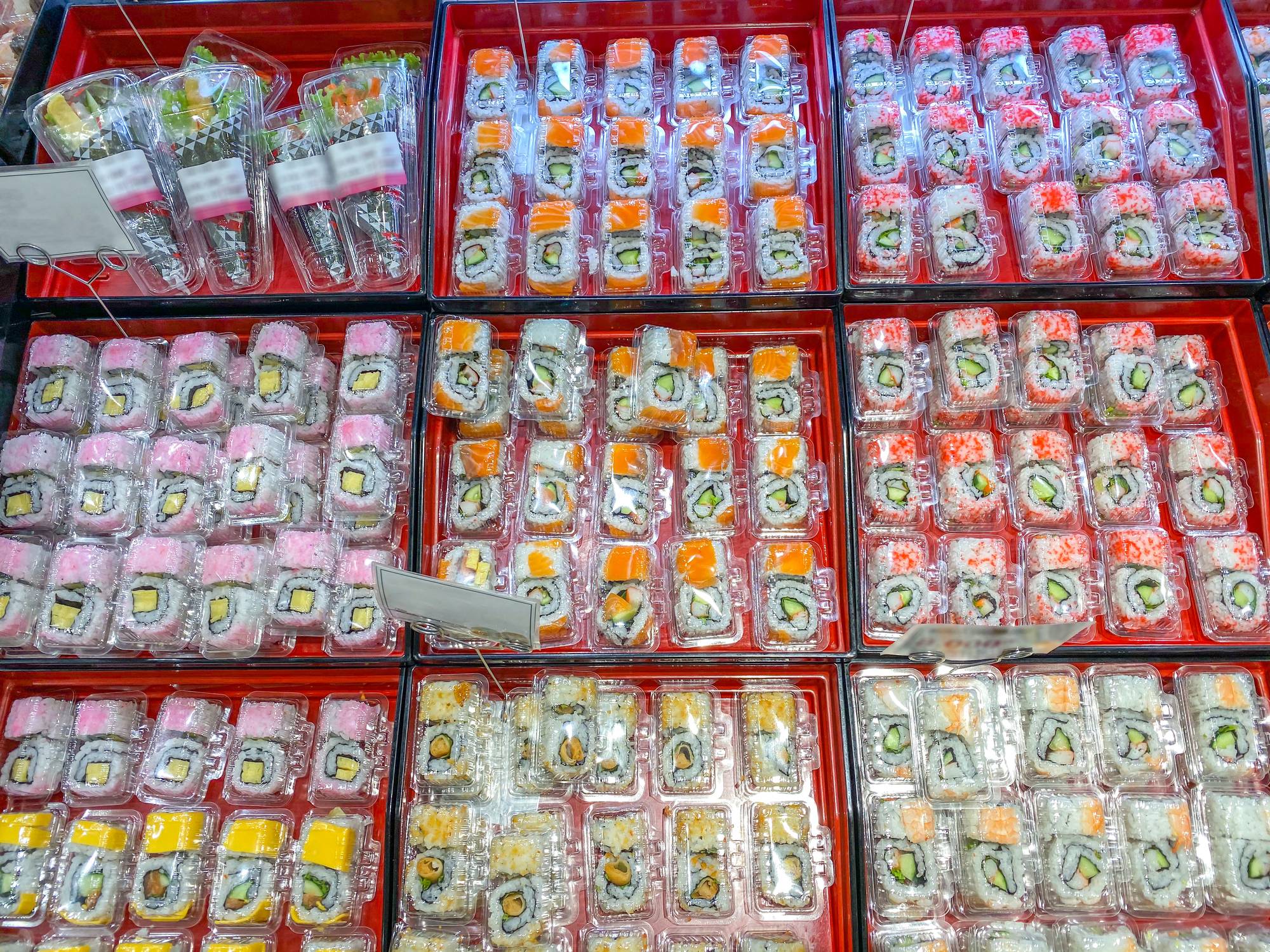With the cost of living rising, the topic of 節約 (setsuyaku, saving money) has made its way into more and more of my daily conversations.
Gone are the days when I could put a bag of carrots into my shopping trolley without looking at the 値段 (nedan, price). These days, that carefree attitude has been replaced by an insatiable thirst to hunt down 割引価格 (waribiki kakaku, discounted prices) and お得な (o-tokuna, good-value) deals.
The Japanese media depends heavily on advertising and often it seems like you’re bombarded with 広告 (kōkoku, advertisements) whenever you’re in a major city. It’s therefore no surprise that the skill of getting the most for your yen, or コストパフォーマンス (kosuto pafōmansu, cost performance) — also known by its shortened form, コスパ (kosupa) — is highly prized. Praise for such bargain hunters can go both ways, though, as you might be considered a 節約家 (setsuyakuka, thrifty person/economist) or a ケチな人 (kecchina hito, cheapskate). Just as in English, there’s a positive or negative connotation to each.



















With your current subscription plan you can comment on stories. However, before writing your first comment, please create a display name in the Profile section of your subscriber account page.